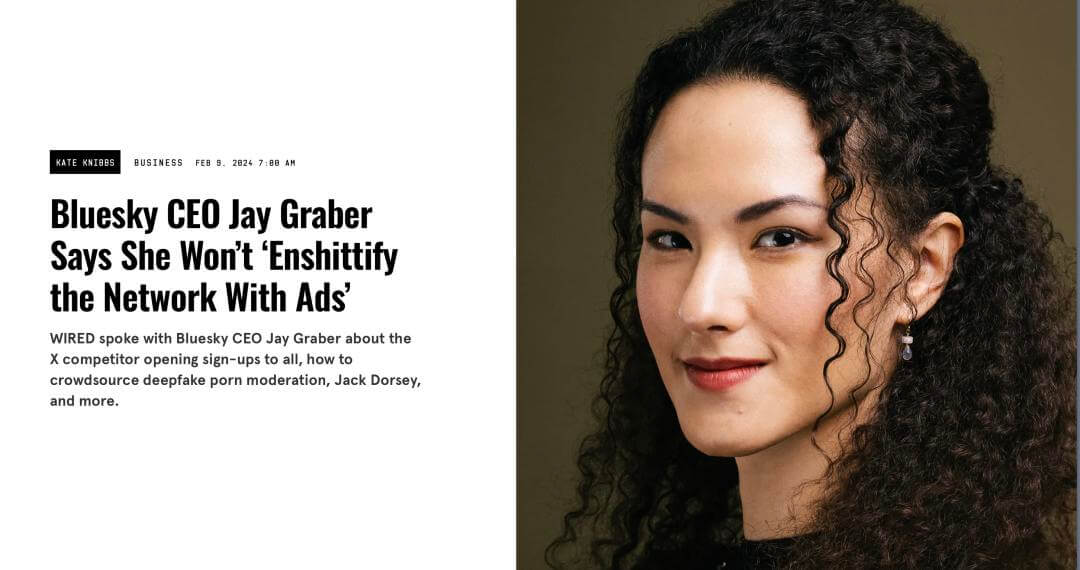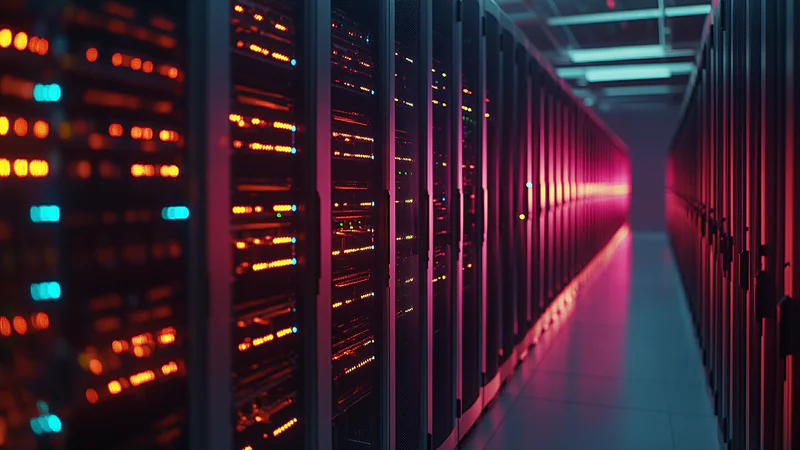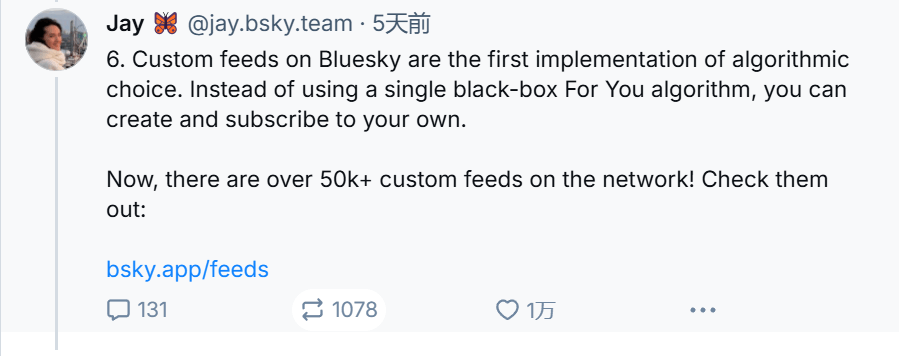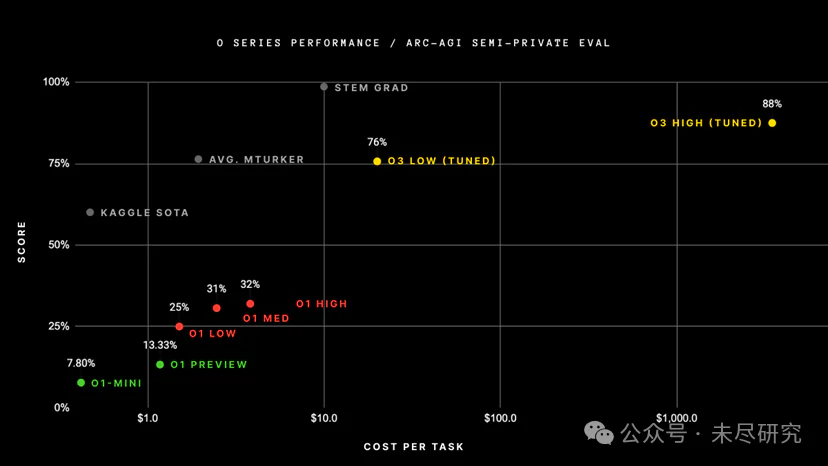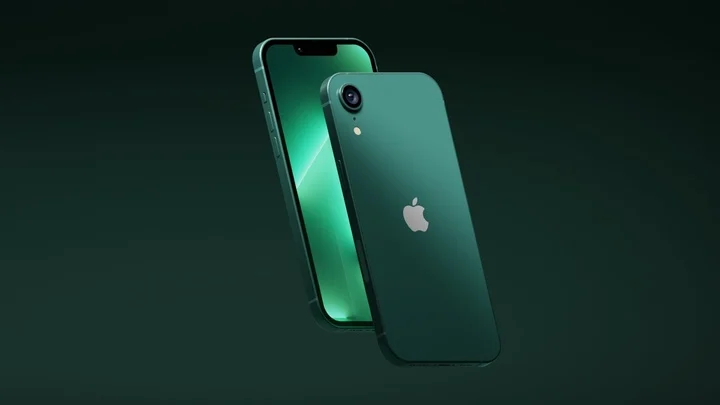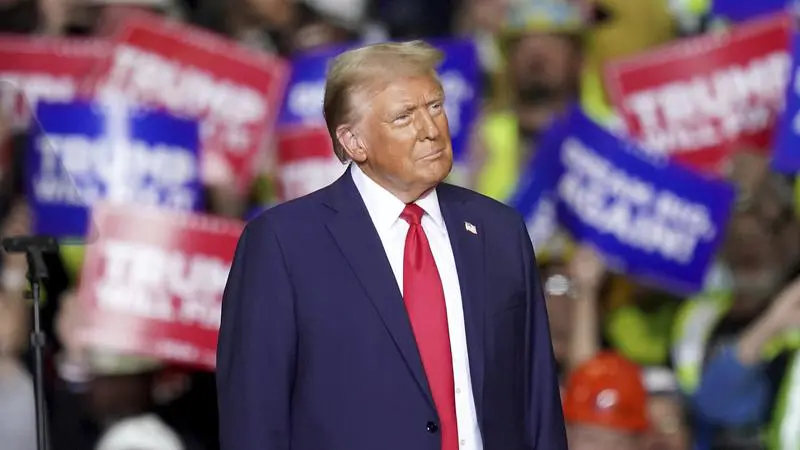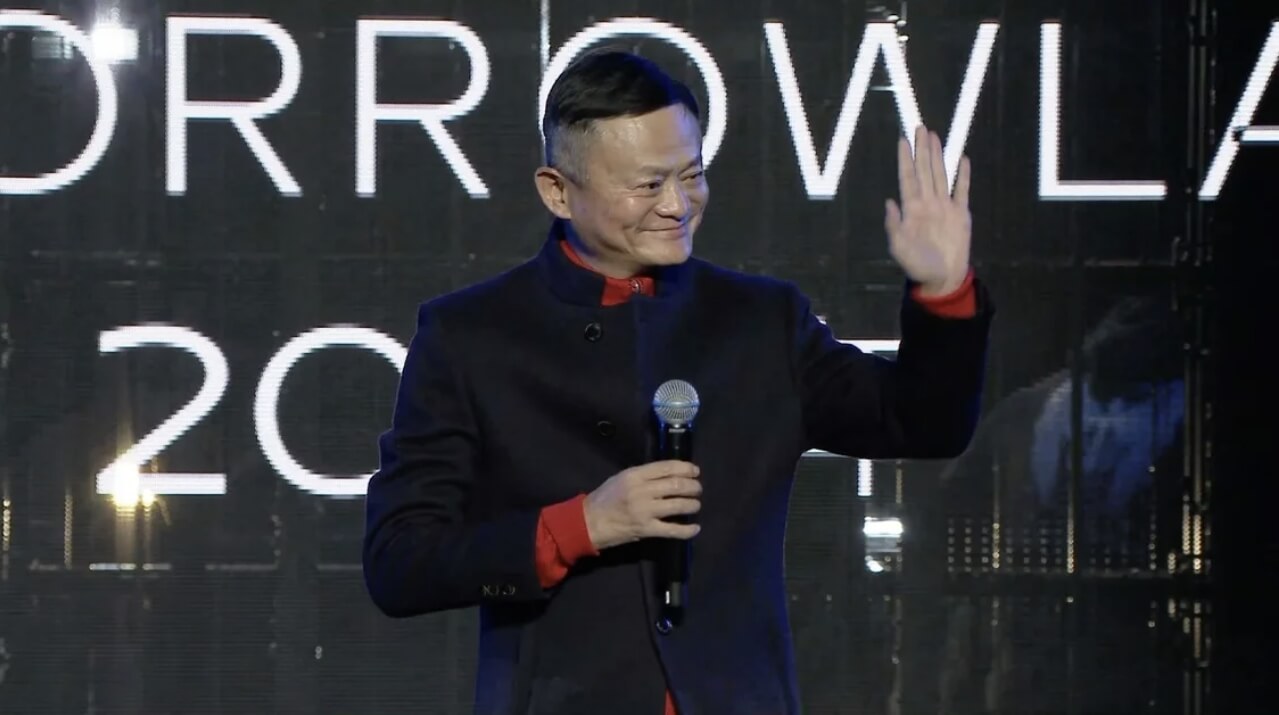The power struggle between Elon Musk and Sam Altman exposes the fierce competition over talent acquisition, resource allocation, and control of artificial intelligence during OpenAI’s transition from a nonprofit to a for-profit entity. This dispute also highlights the potential monopoly risks within the AI industry.
In 2016, as OpenAI was finalizing a critical partnership with Microsoft—an agreement that would provide the young startup with essential computing resources to develop what would later become ChatGPT—Sam Altman needed Elon Musk's approval as its largest investor.
According to recently revealed email records, in September 2016, Altman sent Musk a message stating: "Microsoft wants us to provide $60 million worth of computing resources for just $10 million, and also asks us to give feedback on the tools they deploy in the cloud." Microsoft’s goal was for OpenAI to test and promote its AI tools, like Azure Batch. Musk strongly objected, expressing that the proposal "makes me feel disgusted."
Altman then suggested another proposal: "Microsoft is now willing to provide a $50 million deal with a clause for ‘good faith efforts decided by OpenAI itself,’ and either party can terminate the deal at any time. No publicity, no extra conditions, and it won’t make us look like Microsoft’s marketing tool. Can we move forward?"
Musk replied: "If they don’t use this for marketing, I’m fine with it. As long as it doesn’t make us look like Microsoft’s ‘marketing puppet,’ it’s worth more than $50 million."
These emails and others are part of the lawsuit Musk filed against OpenAI and Microsoft last week. On the surface, these details aim to reveal the anti-competitive relationship between the two companies, but they more importantly uncover the early details of collaboration between Altman and Musk, as well as their power struggle. The emails also reflect the gradual transformation of OpenAI from an open-source nonprofit to what is referred to in the lawsuit as a “closed-source de facto subsidiary” of Microsoft. This also illustrates the complete breakdown of what was once a promising partnership.
An OpenAI spokesperson, Hannah Wong, responded with a statement: "Elon has tried to reframe his claims for the third time in less than a year, but this attempt is more baseless and excessive than ever before. His previous emails speak for themselves."
"When I can avoid looking like Microsoft's 'marketing puppet,' that’s worth more than $50 million." — Elon Musk
Originally, Musk and Altman co-founded OpenAI out of concern about the control of human-level AI by tech giants like Google.
However, OpenAI ultimately became the very type of tech giant they once feared. After Altman secured the CEO position that Musk had once coveted, he decided to close-source OpenAI’s cutting-edge technology, citing its "dangerous" nature and the belief that it was not suitable for public release. This decision angered Musk, who subsequently resigned from OpenAI’s board and founded his own competing company, xAI.
Nearly a decade after OpenAI’s founding, the two companies are now competing for billions of dollars in the market, and Musk has chosen to challenge this through legal means, trying to assert control over what both see as the inevitable future of computing.
As early as 2015, Altman raised the idea of founding OpenAI in an email to Musk: “I’ve been thinking about whether it’s possible to stop humanity from developing AI. If AI development is inevitable, it seems better for someone other than Google to be the first to do it.”
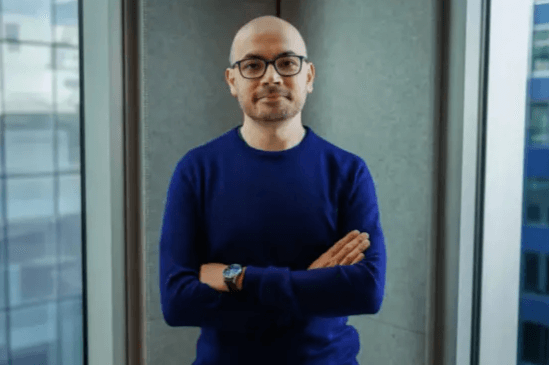
01. Talent Battle
From the very beginning, OpenAI was caught between two opposing forces: the idealistic mission of “benefiting humanity” and the brutal race to compete with tech giants. Musk and Altman agreed that, regardless of their motives, attracting top talent (and significant funding) was the primary objective. This early compromise laid the foundation for what Musk later called OpenAI’s "profit-driven rather than principle-driven" development.
In 2015, the startup was a small lab within the YC AI branch, a nonprofit research arm of the Y Combinator incubator (YC). At that time, Altman was YC’s president and used his extensive network to attract researchers and funding. Musk urged Altman and the then-CTO Greg Brockman to seek over $100 million, warning that anything less would not be enough to compete with giants like Google and Facebook.
"I think we should announce a $1 billion funding commitment. I’m serious. If others fall short, I will cover the difference," Musk wrote in an email from 2015. These emails were disclosed by OpenAI in response to Musk's lawsuit.
Despite Musk's support and millions of dollars in funding reserves, the startup faced a common early-stage challenge: the fierce competition for top talent. While OpenAI today is one of Silicon Valley’s most sought-after workplaces, ten years ago (especially before ChatGPT's emergence), many top AI researchers wouldn’t even consider joining.
To compete for the best AI researchers, Altman and his team designed an unconventional compensation package: a base salary of $175,000, a title of YC "part-time partner," and 0.25% equity in each YC startup batch. (Today, AI researchers’ salaries are typically close to $1 million per year.) Altman referred to this plan in an email to Musk as the "Manhattan Project of AI" and was confident that it could attract the top 50 researchers globally, providing a "nonprofit structure for technology that belongs to all of humanity, while offering startup-like compensation for the team."
The goal was to form an elite founding team of 7 to 10 top talents—whatever the cost—securing the brightest minds in the industry. However, Google’s AI lab, DeepMind, was hot on their heels.
“DeepMind could make a large counteroffer to every person at OpenAI tomorrow, trying to sabotage our plan,” Altman wrote to Musk in December 2015. "Do you oppose me proactively raising everyone’s compensation by $100,000 to $200,000? I believe they’re motivated by the mission here, but it would be better if we sent a clear signal that we’ll take care of them long-term.”
“Sounds like DeepMind is planning a war on this front,” Altman added.
Musk approved the pay raises. By February 2016, members of OpenAI’s founding team were receiving a $275,000 annual salary plus YC equity, while later hires received a base salary of $175,000 with a $125,000 performance bonus or equivalent YC or SpaceX stock.
Greg Brockman added that there were three special cases: himself, co-founder Ilya Sutskever, and Trevor Blackwell. Reports later indicated that Sutskever’s 2016 income exceeded $1.9 million. In a New York Times interview, he revealed that he had turned down "multiples of what OpenAI offered" in other offers.
Brockman wrote to Musk about the recruitment plan: "If/when Google starts offering Ilya terms they can afford, I’m not sure what will happen." Musk replied: "We need to do everything we can to recruit top talent. We can raise salaries. If at some point we need to reevaluate existing employees’ compensation, that’s fine. Either we attract the world’s best talent or DeepMind beats us. Whatever the cost, attracting top talent is acceptable to me."
Musk warned that DeepMind’s victory would be "terrible news" because their philosophy was "one brain ruling the world." He added: "They’re clearly making significant progress, after all, they have the best talent."
02. The AGI Dictatorship Controversy
The rift among the founding team soon became apparent.
In August 2017, as OpenAI was finalizing its first round of funding, former OpenAI board member and Neuralink operations director Shivon Zilis (later the mother of three of Musk's children) relayed concerns to Musk. Brockman and Sutskever were worried about how the newly established OpenAI for-profit division would allocate equity and control, and they questioned whether Musk would invest enough time to serve as CEO. According to newly revealed emails, Musk replied: "This is so frustrating. Please encourage them to start their own company. I’m done."
A month later, Sutskever and Brockman sent an email to Musk and Altman expressing concerns. They feared that if Musk took the CEO position, he would have "absolute unilateral control," monopolizing the development of artificial general intelligence (AGI).
At the same time, they also questioned Altman’s motives, asking why the CEO title was so important to him. They asked: "Is AGI really your main motivation? What political goals are tied to this? How has your thinking evolved over time?" (The email did not clarify what "political goals" referred to, but at the time, Altman had begun to engage in California political activities.)
They admitted that their early focus on financial commitments had clouded their judgment, causing them to overlook concerns that should have been raised.
"OpenAI's goal is to make the future better and avoid an AGI dictatorship. You’re worried that [DeepMind CEO Demis Hassabis] might create an AGI dictatorship, and we share that concern," they wrote. "Thus, creating a structure that could make you a dictator is a bad idea, especially when we can create a structure that prevents that possibility."
This email reflected a shared belief among OpenAI’s founders that superintelligent AI posed a serious threat to humanity, and that any single entity controlling such power would be extremely dangerous. However, Musk was not convinced.
"Creating a structure that could make you a dictator is a bad idea," Ilya Sutskever told Musk.
Musk replied: "Unless you commit to staying here, I will stop funding OpenAI. Otherwise, I’d be a fool."
Greg Brockman responded: "We hope to finalize the 2018 funding soon so we can avoid this situation again."
The drama surrounding Musk's departure in early 2018 has become legendary in the AI industry. OpenAI maintains that Musk resigned voluntarily due to disagreements over the lab's strategy and financial needs. Musk argues that he was ousted by the board because he wanted the CEO role but was denied by Altman and others who wanted to keep him out of the organization.
Today, OpenAI is one of the world’s most valuable startups, with its profit-focused entity reportedly valued at $80 billion. However, Musk recently criticized OpenAI’s for-profit motives as detrimental to humanity.
Musk believes that AGI will be the most consequential technology ever created, and he refuses to accept OpenAI's approach to pursuing it. His response is to continue developing his own xAI initiative while lobbying regulators worldwide to impose stricter limits on OpenAI and its competitors.
"Their for-profit motive doesn’t align with our mission," Musk said. "They are no longer pursuing AGI for the benefit of all humanity."
Many believe that Musk’s true motive is not to stop AI development but to compete with OpenAI and regain his position of leadership in the AI industry. Altman, Sutskever, and other founders of OpenAI remain his key competitors in the race for artificial general intelligence.
